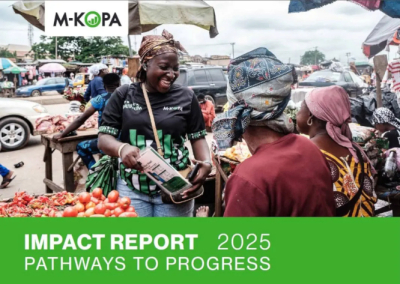- Côte d'Ivoire launches government data-sharing interoperability platform
- Estonian-developed UXP enables secure, real-time exchange across agencies
- Pilot covers 12 institutions, supporting 2030 "zero paper" ambition
Côte d'Ivoire's Minister of Digital Transition and Digitalization, Ibrahim Kalil Konaté, launched a public administration interoperability platform on Thursday, Sept. 25, in Abidjan. The tool is designed to enable the secure, real-time exchange of data between the information systems of various state entities.
According to the Minister, the platform is intended to break down the siloed operation of government agencies, which causes delays and increases costs for both the state and citizens. It is seen as a central lever for simplifying procedures, improving service quality, enhancing transparency, and supporting the Ivorian ambition to achieve "zero paper" by 2030.
The chosen solution, named UXP, was developed by Estonian company Cybernetica. The open-source and adaptable system allows information systems to communicate and securely exchange data in real-time. Practically, citizens will no longer need to provide the same documents multiple times to different administrations. Data recorded by one service can be automatically shared with another, with the user's consent.
The pilot phase involves 12 public institutions, including the Directorate General of Taxes, the National Office of Civil Status and Identification (ONECI), the National Social Security Fund (CNPS), and the Abidjan Commercial Court. The project is led by the National Computer Development Company (SNDI), as part of the digital roadmap adopted in 2022 with support from the Estonian firm Digital Nation.
The initiative is central to the Côte d’Ivoire 2030 Strategic Plan, which places digitalization at the core of modernization and inclusion efforts. Ultimately, the platform is expected to significantly reduce processing times for administrative procedures, limit costs related to administrative duplication, and strengthen user trust in public administration. However, it must address several challenges, including its adoption by all administrations, data security, and its gradual extension to all public structures.
Samira Njoya



















